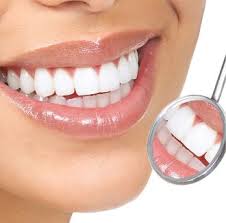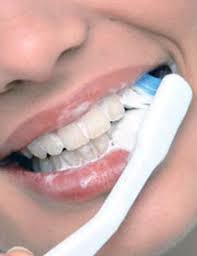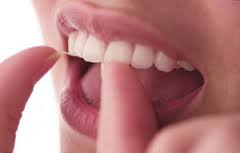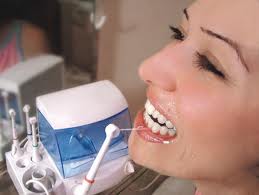Dental Implant Care

Implant systems are currently used by many people.
Improper dental implant care can cause many problems.
And it is a mistake to think that artificial teeth cannot be involved in the development of any diseases of the oral cavity.
Caries, of course, will not develop on such teeth, but the risk of developing periodontal diseases increases several times.
After the operation, the doctor is obliged to tell the patient how the dental implants went and what the diet and oral care should be like.
For the most part, caring for installed implants is not at all difficult. Most importantly, if dental implants were performed, care after surgery should be comprehensive.
Implant requires special care after installation during the first two weeks. During this time, the implant should “take root”, and the tissues of the gums and the entire oral cavity should get used to it.
Dental Implant Care
|
First three days |
First two weeks |
|
|
Eating |
|
|
|
Oral care |
On the second day after the operation, you must begin to carefully brush your teeth, while not touching the seams. According to the doctor’s recommendation, the following may be prescribed:
|
|
|
Lifestyle |
|
|
How to care for implants
- Important is full oral hygiene.
- Implants should be brushed as well as healthy teeth, at least twice a day.
- Poor oral hygiene leads to the formation of dental plaque.
The procedure for cleansing implants involves three stages:
- Cleansing with a toothbrush and floss.
- Rinse or irrigation.
- Professional cleaning at least once every six months.
Cleansing
With a brush

- It is necessary to clean the protruding part of the implant - suprastructure, the lower part of the implant and gums.
- The implant can be cleaned, either with a traditional toothbrush, or with an electric one with soft bristles.
- To clean the interdental spaces, special brushes are used that easily penetrate into inaccessible places. Such brushes include brushes with a beam nozzle and special brushes having a narrow and thin nozzle (interproximal).
Cleansing Technique:
- Cleansing with circular movements of the surface of the teeth with simultaneous massage of the gums.
- Removing plaque from implants using up and down movements.
- With sweeping movements, the internal (lingual) surface of the teeth is cleaned.
It is necessary to thoroughly clean the surface of the implant adjacent to the gum.
Floss Application

- It is recommended that you also clean the implant with dental floss (floss), which prevents plaque formation.
- The advantage of the thread, compared with a toothpick, is that it does not damage the gums and cleans well places that are difficult to access.
- There are dental flosses specifically designed for cleansing implants - superflosses. They have a special thickening and much wider.
Important note: before cleansing the implant, it is necessary to cover the floss with a small amount of toothpaste.
In this case, it will become softer and will not cause microscopic damage on the surface of the implant.
Cleansing Technique:
- Pull the floss between the teeth and clean the gaps from the remnants of food particles.
- Pass in the form of the letter “P” through the lingual part of the tooth and clean the implant according to the velvet principle.
- The lower part is well cleaned with floss with toothpaste applied to it. It is enough to pass it through the lingual part of the tooth and clean the area adjacent to the gum.
Rinse
- After cleaning the oral cavity and implants, rinse your mouth with water or use special rinses prescribed by your doctor.
- Rinsing the mouth should also be done after eating.
Irrigation

Irrigators can be used to clean hard-to-reach spots.
The principle of operation of the irrigator is based on the strength of the jet, which under the influence of pressure can wash food debris from hard-to-reach areas of the oral cavity.
- They are effective even in places where it is impossible to clean with a toothbrush.
- In addition, the irrigator massages the gums well, improving their blood supply and strengthening.
The use of an irrigator is an indispensable means of hygiene in the presence of bridges in the oral cavity.
Professional cleaning
Once every six months, it is necessary to undergo a preventive examination at the dentist in order to prevent possible unpleasant consequences related to damage to the structure, as well as to the occurrence of gum disease and other complications.
If necessary, professional cleaning of teeth and implants is carried out.